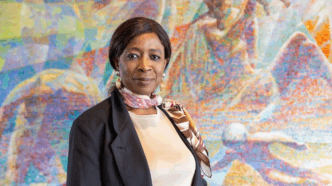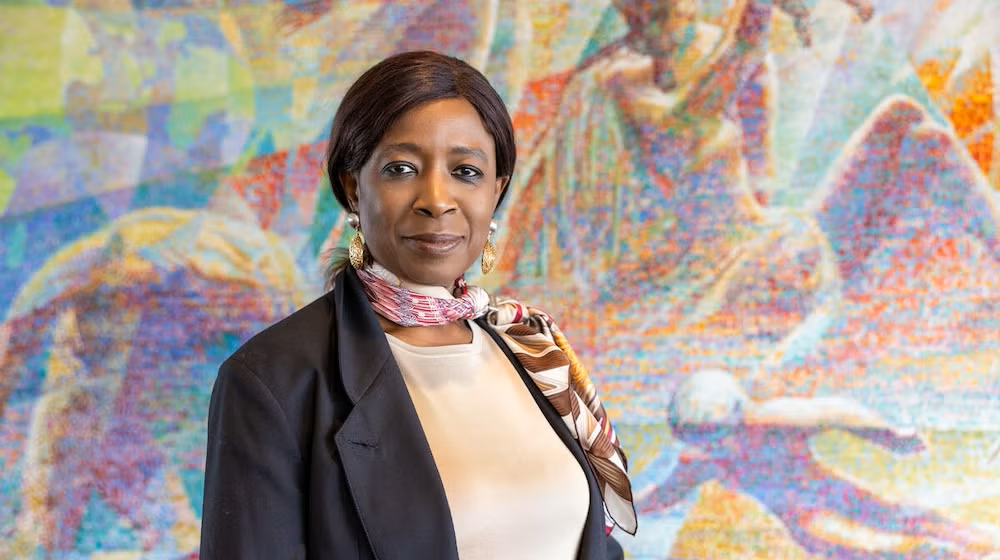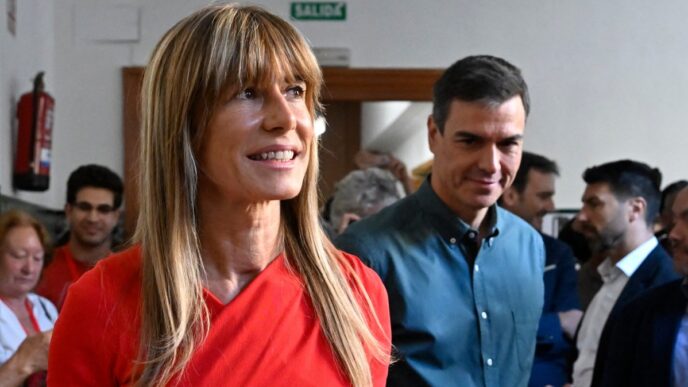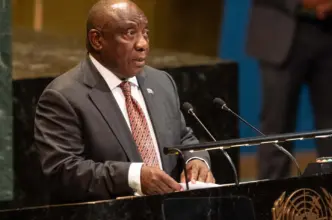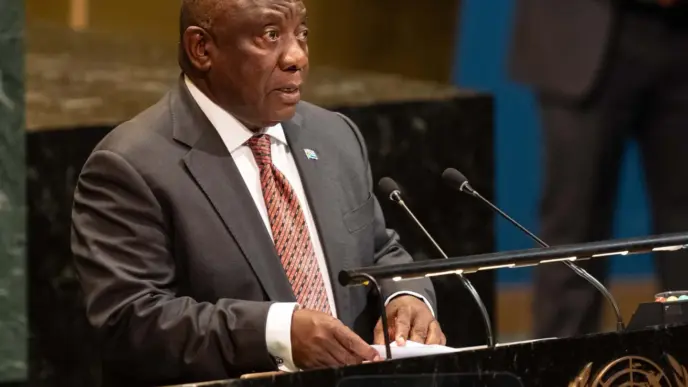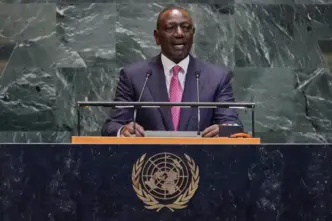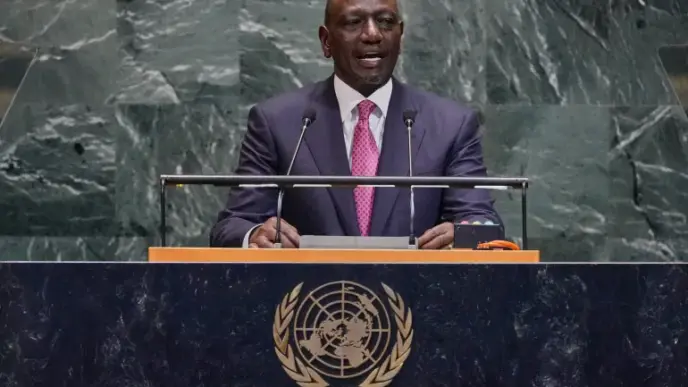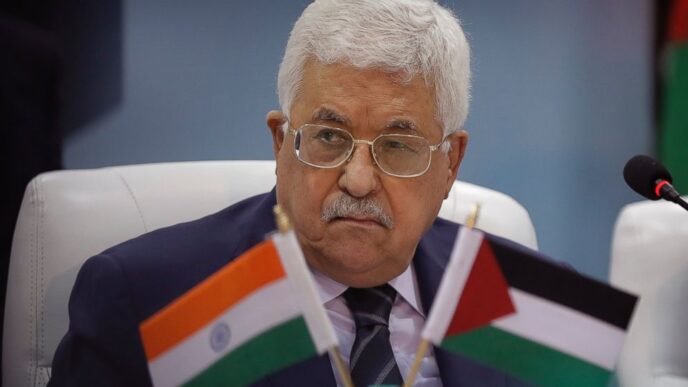The Executive Director of the United Nations Population Fund (UNFPA), Diene Keita, says that the agency will ŌĆ£keep movingŌĆØ despite the mounting challenges that international aid cuts are posing to health and development efforts across Africa.┬Ā
In a discussion moderated by Kayode Akintemi, Managing Director and Editor in Chief of News Central on Tuesday at the UN General Assembly, Keita opened up about the challenges facing the organisation, saying, ŌĆ£When it comes to the issue of donors, funds being pulled, and the United Nations receiving less money, we face a very serious issue.ŌĆØ┬Ā
With donor funding shrinking, the UNFPA faces a significant challenge as key personnel on the continent are being laid off or reassigned, which has a substantial impact on their operations. Key men on the ground are being reduced, some are being pulled back, and some are being laid off, which creates a considerable challenge. Despite these tough circumstances, the UNFPA remains committed to its mission and its work on the continent.
ŌĆ£We are a fund and a program, so we used to mobilise our own resources,ŌĆØ Keita explained. ŌĆ£We go on every market there is, government first, private sector, innovative sources of funding, and individual giving. We are operational. We work on the ground, we go to the last mile. So we donŌĆÖt stop and say we have no funds, so we don’t work anymore. We use every cent we have.ŌĆØ
Keita emphasised that the agencyŌĆÖs response to funding cuts is not one of resignation.┬Ā
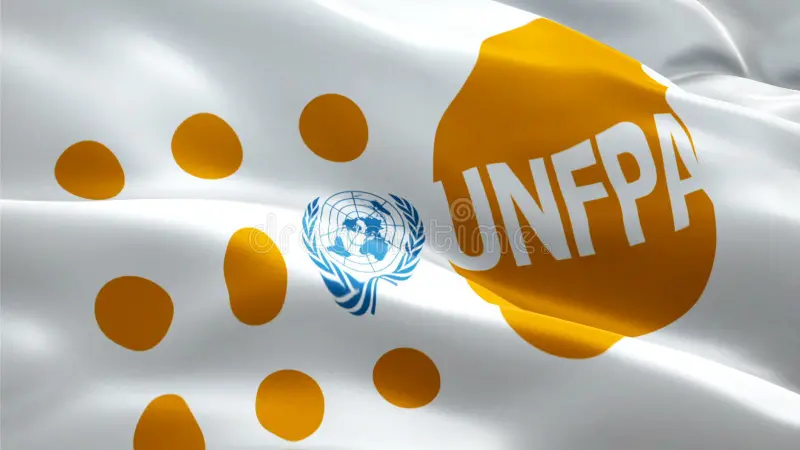
ŌĆ£The funding cuts are real, but we need to build with what we have and keep moving,ŌĆØ she said. ŌĆ£We donŌĆÖt stop and cry baby. No, we continue the job until we find the necessary funding, and there is money out there.ŌĆØ She said.
The conversation also highlighted the vital role that national governments play in securing resources for health and development, clarifying that UNFPAŌĆÖs approach is to work closely with the Ministry of Economy and Planning in each country, rather than relying solely on ministries of health or family affairs.┬Ā
Keita also advocated for the strategic use of remittances from the African diaspora and lowering the service of national debt as key tools for financing health and education initiatives.┬Ā
ŌĆ£By lowering the service of the debt and tapping into the remittances from the diaspora, we can save domestic resources to invest in women’s and young people’s health and education,ŌĆØ she added.
Keita stressed UNFPAŌĆÖs ongoing commitment to promoting the health and well-being of women and young people in Africa, despite financial constraints, adding that the UNFPAŌĆÖs ability to adapt and mobilise resources in the face of adversity is a critical aspect of its ongoing work to tackle some of the continent’s most pressing health challenges.


 Trending
Trending 
